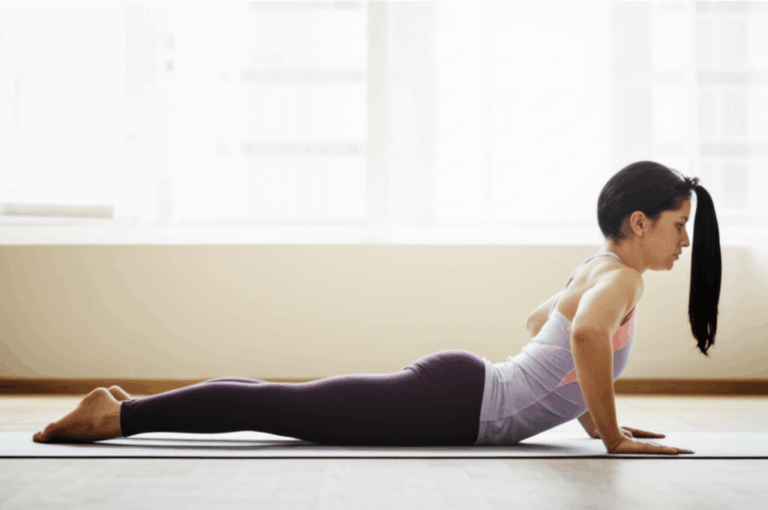In a world constantly pushing ideals of perfection, many of us seek paths to greater self-acceptance and a deeper sense of well-being. While Pilates is widely recognized for its physical benefits, such as improved flexibility, strength, and posture, its impact extends far beyond the physical realm, offering a unique avenue for enhancing mental health and cultivating self-liking. But can an exercise truly make you like yourself? The answer, according to experts and practitioners, is a resounding yes, by nurturing a profound connection between mind and body.
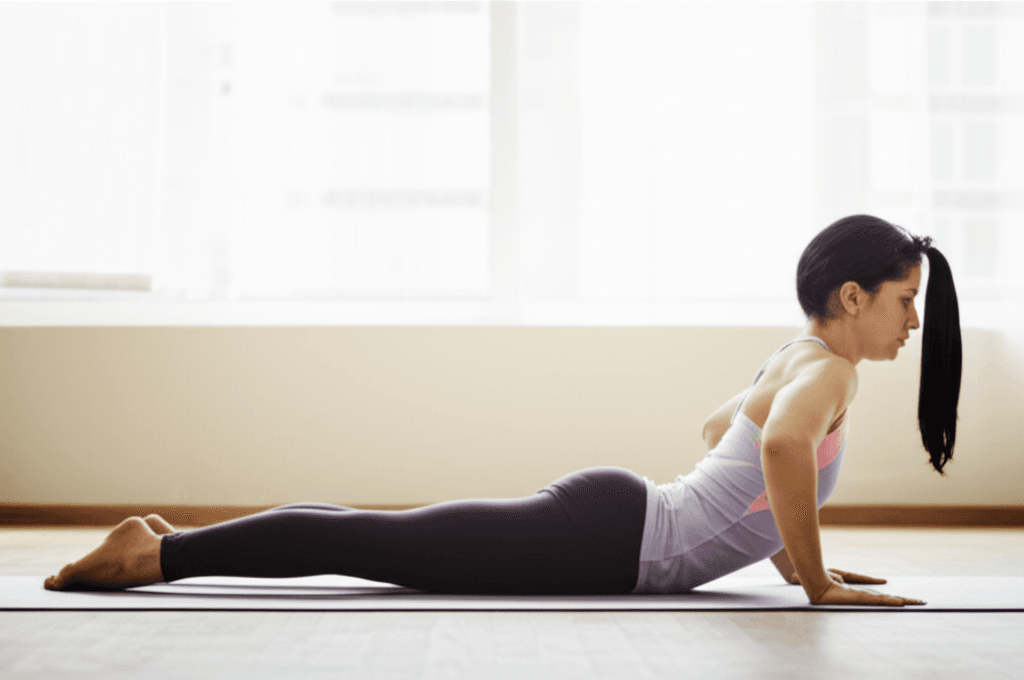
The Mind-Body Connection: The Core of Pilates’s Psychological Impact
At the heart of Pilates lies the principle of the mind-body connection. This approach emphasizes that mental processes and physical movements are deeply interconnected, requiring full concentration and control over each action. Joseph Pilates, the method’s founder, understood that an engaged mind could lead to greater control and effectiveness in the body, promoting overall health.
This mindful engagement is crucial for fostering self-liking. By focusing on precise movements, breath, and form, practitioners become more attuned to their bodies’ sensations and capabilities, shifting the focus from how the body looks to what it can achieve. This heightened body awareness can significantly improve self-perception and reduce negative self-talk, cultivating a healthier relationship with oneself.
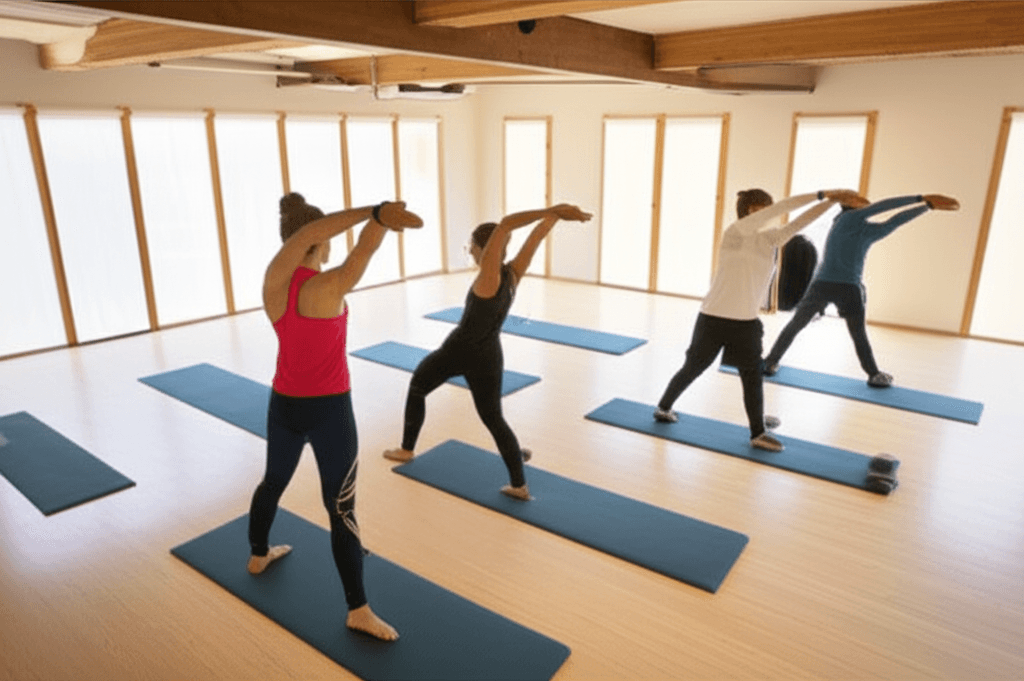
Physical Transformations Leading to Emotional Empowerment
While the “Pilates body” is often associated with a lean, toned physique, the physical changes experienced through regular practice contribute to self-liking in more profound ways than just aesthetics.
Improved Posture and Confidence
Pilates places a strong emphasis on core strength and proper spinal alignment. As posture improves, individuals often report feeling more confident and self-assured. The way one holds their body can significantly impact how they feel, and standing taller can literally lift one’s mood and self-perception.
Enhanced Strength and Flexibility
Consistent Pilates practice builds strength without excessive strain, improving flexibility, mobility, and balance. This newfound physical capability can translate into a sense of empowerment and competence in daily life. Knowing that your body is strong and capable can reduce physical aches and pains, further boosting confidence and allowing individuals to try new things.
Body Awareness and Appreciation
Rather than chasing an idealized image, Pilates encourages practitioners to appreciate their bodies for what they can do. This shift in perspective, focusing on functionality and personal progress, can lead to a more positive body image. Studies have shown that body awareness exercises like Pilates can improve self-perception and reduce critical self-talk.
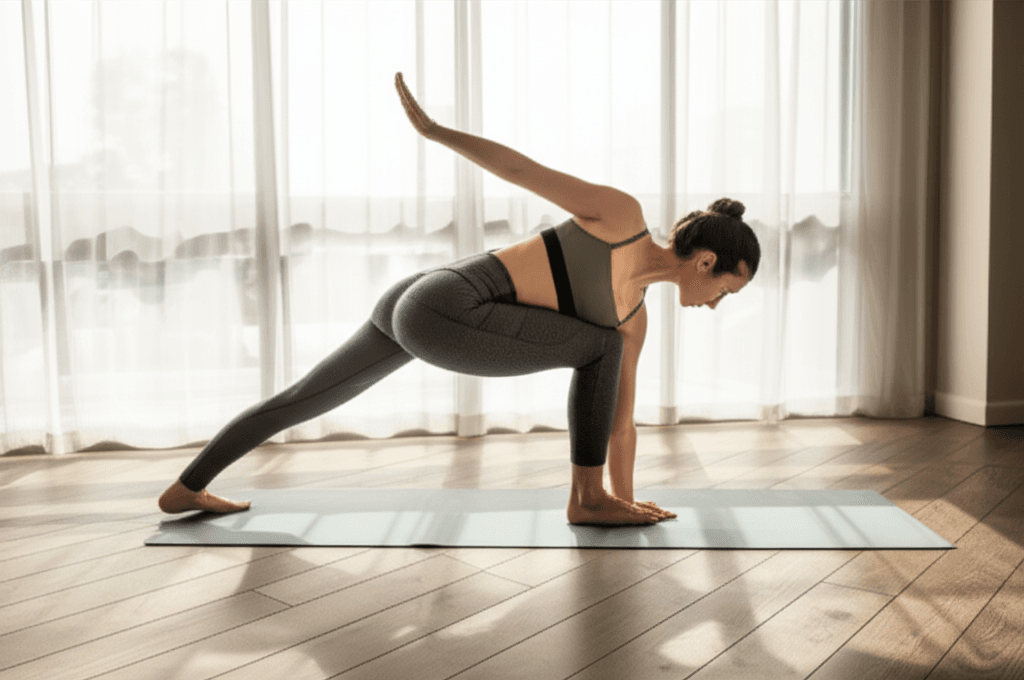
Beyond the Physical: Direct Mental Health Benefits
The mental health benefits of Pilates are extensive and directly contribute to increased self-liking and overall well-being.
Stress Reduction and Emotional Well-being
Pilates incorporates deep, controlled breathing and mindful movements that activate the body’s relaxation response. This helps lower cortisol levels (the stress hormone), reduce muscle tension, and calm the nervous system, leading to a reduction in stress and anxiety. The meditative nature of the practice provides a mental break from daily pressures, fostering a sense of inner peace and promoting a more positive outlook.
Endorphin Release and Mood Boost
Like other forms of exercise, Pilates triggers the release of endorphins, the body’s natural mood-boosting hormones. These “feel-good” chemicals can improve overall emotional states and help combat feelings of sadness or depression, contributing to increased happiness and positivity.
Increased Mindfulness and Focus
Pilates demands focus and concentration on each movement, breath, and alignment. This mental discipline enhances cognitive function, improves mental clarity, and helps individuals become more present in their daily lives. By training the mind to be engaged with the present moment, Pilates cultivates mindfulness, which is beneficial for managing stressful situations with composure.

The Sense of Accomplishment and Self-Worth
Mastering new Pilates movements or improving technique fosters a significant sense of accomplishment. Setting achievable goals and celebrating progress, no matter how small, is key to building confidence and staying motivated. This consistent experience of personal growth and mastery directly contributes to a greater sense of self-worth and esteem. The non-competitive and inclusive environment often found in Pilates studios further reinforces this, celebrating individual progress.
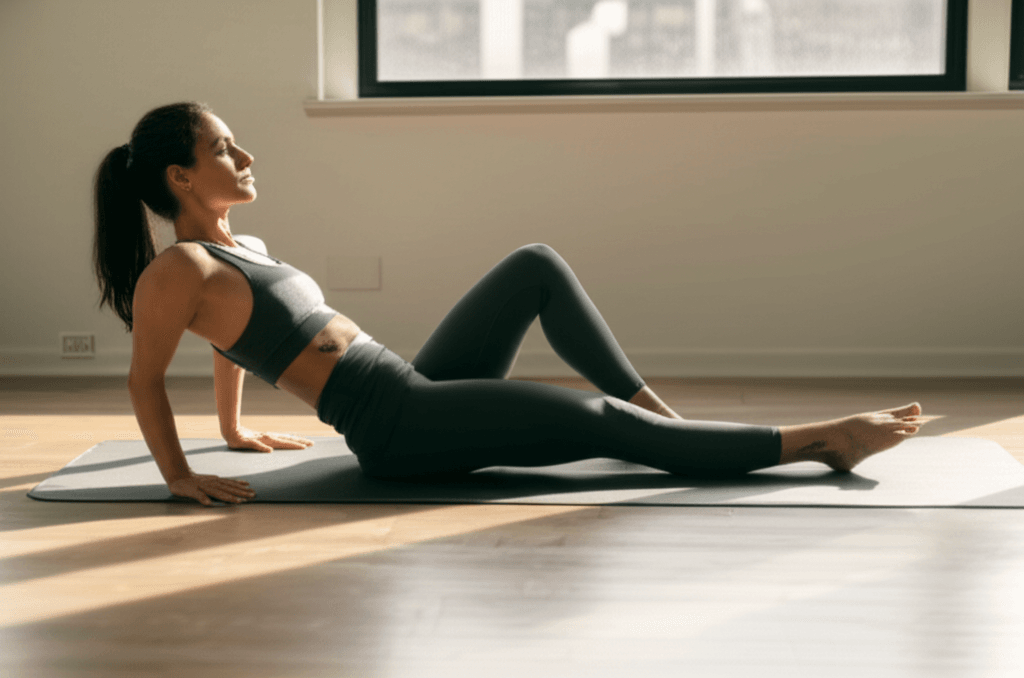
Fostering Self-Care and Self-Acceptance
Pilates can be seen as a powerful form of self-care, encouraging individuals to listen to their bodies and nurture themselves. It provides a judgment-free space to reconnect with oneself, fostering a sense of safety and support. This practice of intentional movement and self-awareness can help shift motivation for exercise from punishment to a rewarding activity that fulfills the body and mind. This holistic approach helps individuals appreciate their entire self, moving towards “body neutrality,” which is about respecting your body even on “off” days, rather than an unattainable constant “body positivity.”
Conclusion: A Journey Towards Liking Yourself
While no single activity can guarantee instant self-liking, Pilates offers a multifaceted approach that profoundly impacts both physical and mental well-being. By strengthening the mind-body connection, improving physical capabilities, reducing stress, boosting mood, and fostering a deep sense of accomplishment and body appreciation, Pilates provides a powerful pathway to cultivating a more positive self-image and genuinely liking yourself. It encourages a shift from external validation to internal acceptance, making it a transformative practice for anyone seeking to enhance their relationship with their own body and mind.




